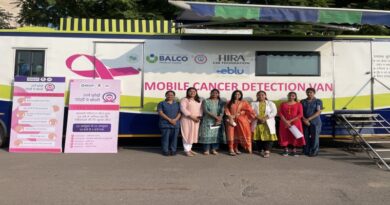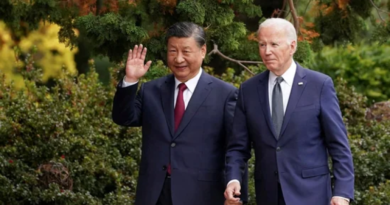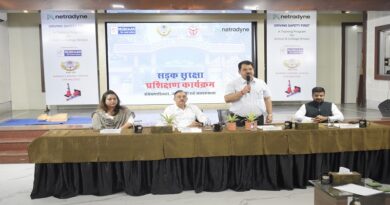Article 370: Right or Wrong, SC will give its verdict today

New Delhi: In a landmark judgment, the Supreme Court of India led by Chief Justice DY Chandrachud is set to deliver its verdict on the constitutional validity of the Centre’s decision to abrogate Article 370. The decision taken on August 5, 2019 is a turning point. The point is to take away Jammu and Kashmir’s special status and initiate changes that will resonate in the socio-political landscape of the region.
Special status and Article 35A: highlighting Jammu and Kashmir’s legal dilemma
Article 370 gave special status to Jammu and Kashmir, thereby reducing the Centre’s legislative powers within the state. Its companion, Article 35A, which was introduced in 1954, allowed the Jammu and Kashmir legislature to define permanent residents, excluding outsiders from property rights, land ownership and certain employment. The Supreme Court’s decision could potentially reshape the legal landscape surrounding these provisions.
Reorganization and delimitation: changing boundaries and assemblies
With the abrogation of Article 370, Jammu and Kashmir was reorganized into two union territories: Ladakh and Jammu and Kashmir. First, without a legislature, and second, with a legislative body governed by centrally appointed lieutenant governors from 2019. Additionally, the long-awaited delimitation process has redefined electoral boundaries, created new constituencies and increased the strength of the Assembly from 83 to 90. Seats are affecting political representation.
Inclusivity in elections: a paradigm shift
One of the resulting outcomes is the extension of voting rights to West Pakistan Refugees (WPR), a significant community living in the Union Territory for more than seven decades. This move opened up the electoral landscape of Jammu and Kashmir, allowing “outsiders” to participate in assembly, panchayat and municipal elections, thereby promoting a more inclusive democratic process.
As soon as the Supreme Court announces its verdict, legal and political implications begin to emerge, affecting not only the constitutional discourse but also the dynamics of governance in the Union Territory. The echo of this decision is likely to be felt in various spheres, from legislative dynamics to electoral processes, which will ultimately decide the fate of Jammu and Kashmir in the Indian Union.






Pingback: eft exploit
Pingback: Winchester firearms for sale
Pingback: หวยมาเลย์
Pingback: โบท็อกราคา
Pingback: about tokens
Pingback: dumbbell sale Hempstead town NY
Pingback: lucabet
Pingback: ตู้เก็บเสียง
Pingback: Juad Slot88 ฝากถอนไว
https://www.telqq.com Telegram群组,Telegram群组导航。收录Telegram上的优质频道和群组,打造一个高质量Telegram导航。TGNAV收录整理了Telegram上的许多优质频道、群组、机器人,帮助用户发现更多优质的群组。
Pingback: รูดบัตรเครดิต เงินสด
https://www.telqq.com Telegram群组,Telegram群组导航。收录Telegram上的优质频道和群组,打造一个高质量Telegram导航。TGNAV收录整理了Telegram上的许多优质频道、群组、机器人,帮助用户发现更多优质的群组。
Pingback: 토토사이트 순위
Pingback: mostbet
Pingback: About BAU
Pingback: บาคาร่าเกาหลี
Pingback: บาคาร่าเว็บตรง
Pingback: ปวดประจำเดือน
Pingback: aviator o'yini